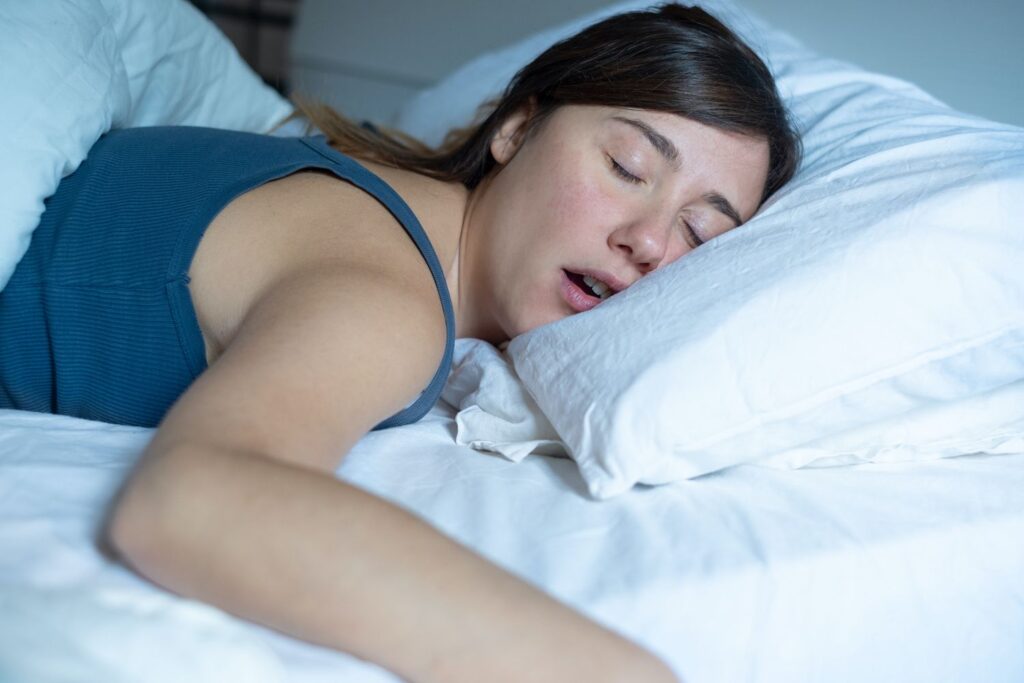Getting a good night’s sleep is vital for our overall health and well-being. Without enough restful sleep, we can experience a range of health problems, including fatigue, mood changes, and a weakened immune system. That’s why it’s important to address any sleep disorders that may be disrupting your sleep, such as sleep apnea.

Why Do We Need Sleep?
Sleep plays a critical role in our physical and mental health. During sleep, our bodies repair and regenerate tissues. Additionally, we produce hormones that help regulate appetite, mood, and immune function. When we don’t get enough restful sleep, our bodies can’t perform these important functions effectively, leading to various health problems.
In addition to physical health, sleep also affects our mental health. Lack of sleep can cause irritability, mood swings, and difficulty concentrating. It can also contribute to anxiety and depression.
Sleep Apnea and Difficulties
One common sleep disorder that can disrupt sleep and lead to health problems is sleep apnea. Sleep apnea is when breathing is interrupted during sleep, causing oxygen levels in the blood to drop. This can cause the person to wake up briefly to gasp for air, which can happen multiple times throughout the night.
If left untreated, sleep apnea can lead to serious health problems, including high blood pressure, heart disease, stroke, and diabetes. It can also contribute to weight gain, as disrupted sleep can affect hormones that regulate appetite and metabolism.
Treatment Options
So, how can your dentist help with sleep apnea? Dentists can play a critical role in the treatment of sleep apnea through the use of oral appliances. Oral appliances are custom-made devices that fit in the mouth like a retainer and help keep the airway open during sleep.
Oral appliances reposition the jaw and tongue to keep the airway open. They can be effective for mild to moderate sleep apnea and those who cannot tolerate a CPAP machine. A CPAP machine is a common treatment for sleep apnea that uses a mask to deliver a continuous flow of air to keep the airway open.
Once your dentist determines that an oral appliance is the right treatment, they will take impressions of your teeth and create a custom appliance. They will also provide instructions on properly using and caring for the appliance.
Lifestyle Changes
While oral appliances can be effective for treating sleep apnea, it’s important to address the underlying causes of the condition. This may include lifestyle changes, such as losing weight, quitting smoking, and avoiding alcohol and sedatives before bedtime. Your dentist can work with you to develop a comprehensive treatment plan for sleep apnea.
Working with your dentist to address your sleep apnea can improve your sleep quality and reduce your risk of serious health problems. So, if you are experiencing symptoms of sleep apnea, don’t hesitate to talk to your dentist about your options for treatment.
